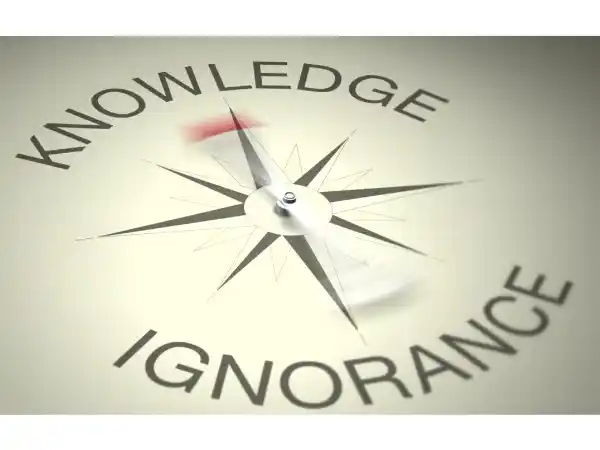Navigating the Core of TOK: The Intersection of Knowledge and the Knower
The core theme in the Theory of Knowledge, ‘Knowledge and the knower’, serves as the foundational element of the TOK course, prompting students to reflect on their roles as knowers within their communities, influenced by a variety of perspectives and experiences.
Understanding the 12 TOK Concepts
The TOK concepts including evidence, certainty, truth, and interpretation provide a scaffold for students to critically evaluate knowledge, challenging them to distinguish between belief and opinion, and to ponder on the ethical implications of knowledge acquisition.
Knowledge Framework: Scope
Within the scope of TOK, students investigate the extent and boundaries of human knowledge, addressing key issues such as the motivation behind the pursuit of knowledge and the significance of unresolved questions in different knowledge domains. Read More…
Perspectives in Knowledge
By exploring various perspectives, TOK students gain an appreciation for the diversity of knowledge views, understanding that knowledge is not only shaped by individual cognition but also by cultural, social, and historical contexts. Read More…
Methods and Tools of Knowledge Production
The methodologies and cognitive tools utilized across disciplines to construct knowledge are a focus in TOK, where students learn to appreciate the role of material tools in knowledge production and the assumptions underlying different methods of inquiry. Read More…
Ethical Considerations in Knowledge Inquiry
Ethics plays a crucial role in TOK, as students consider the moral responsibilities that come with knowledge and the need to act upon ethical values, shaping the way knowledge is pursued and utilized. Read More…
Knowledge Questions: Driving Inquiry in TOK
At the heart of the TOK curriculum lie knowledge questions, which guide students in their inquiry and discussions, helping them to transcend specific subject matter and engage in a broader discourse on the nature of knowledge itself.
The Role of the Knower in Shaping Knowledge
In the TOK core theme, students examine how their perspectives as knowers are influenced by their interactions with both the material world and their communities, and how these interactions guide their understanding of knowledge. Knowledge and Knowers: Towards a realist sociology of education

Where Wisdom Grows: The Tree of Knowledge and Its Seekers
The Core Theme and Its Significance in TOK
The core theme acts as the foundation of the TOK course, permeating all aspects of the curriculum. It provides a platform for students to consider how they acquire knowledge and the perspectives that shape their understanding. Central to the core theme are the 12 TOK concepts: evidence, certainty, truth, interpretation, power, justification, explanation, objectivity, perspective, culture, values, and responsibility. These concepts guide students through the complexities of knowledge, encouraging them to apply their understanding in various contexts and to appreciate the diversity of knowledge forms.
Through the core theme, students explore the nature, scope, and limits of knowledge. They are encouraged to use metaphors, such as knowledge as a map, to understand how knowledge is constructed and to appreciate the importance of context in its development. These analogies foster discussions on the accuracy of knowledge, its evolution, and the impact of cultural assumptions on our understanding of it.
The Role of Knowledge Questions
At the heart of TOK are knowledge questions, which are pivotal in steering the course’s discussions towards a deeper understanding of knowledge itself. These questions are designed to move beyond subject-specific concerns and to delve into more profound queries about how we know and the processes involved in knowing. They allow students to explore the production, sharing, application, and the essence of knowledge, leading to a richer appreciation of its role in our lives.
Why Study the Core Theme?
Studying the core theme in TOK is not merely an academic pursuit but a fundamental exploration that shapes students’ intellectual and personal growth. It pushes them to confront and interrogate their own beliefs and assumptions, fostering an environment of critical thinking and self-reflection. This self-awareness is integral to developing a nuanced approach to knowledge, enabling students to engage with complex ideas and diverse viewpoints thoughtfully.
The Significance of Knowledge Questions
Knowledge questions serve as a tool for intellectual exploration, prompting students to investigate and debate the construction and application of knowledge critically. Engaging with these questions develops the students’ ability to analyze and evaluate different perspectives, enhancing their problem-solving skills and their capacity for ethical reasoning. Moreover, knowledge questions are instrumental in understanding the interplay between knowledge and concepts such as truth, belief, and ethics, which are central to the core theme.
Conclusion: Knowledge and the Knower in a Connected World
The TOK core theme culminates in students recognizing the interconnected nature of knowledge and their responsibility as knowers, emphasizing the importance of being open-minded and reflective about the use of knowledge in a global context. The core theme and knowledge questions are the linchpins of the TOK curriculum, guiding students through an introspective and critical examination of knowledge. They are essential for students to understand themselves as knowers within a global community, to foster international-mindedness, and to appreciate the rich tapestry of human knowledge and its profound impact on the world.




